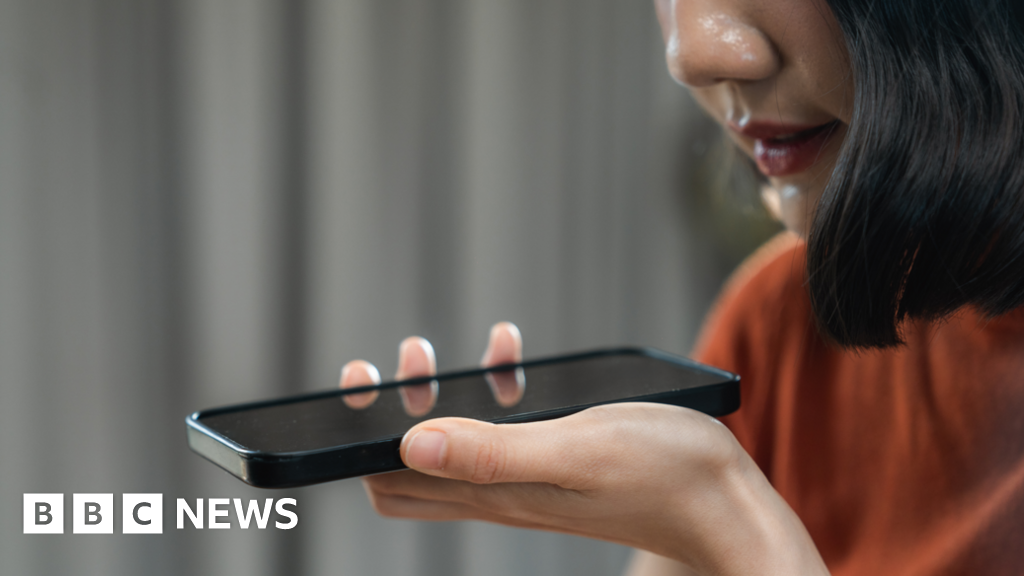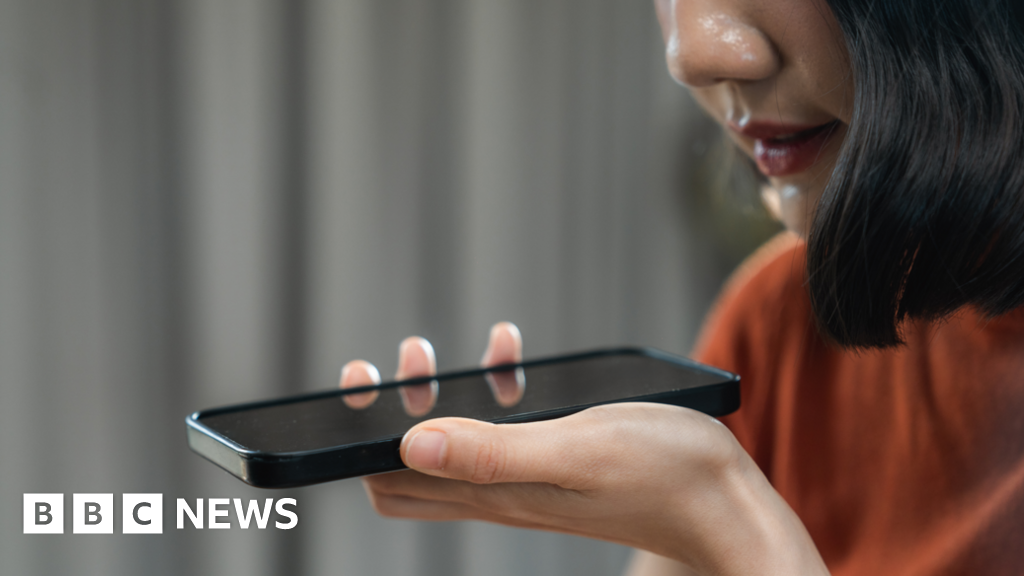Imagine your most private moments, your whispered secrets, your everyday conversations – all captured and potentially analyzed by a technology giant. That’s the unsettling reality that faced millions of iPhone users when it came to light that Apple’s voice assistant, Siri, might have been inadvertently recording their interactions and sending them to unknown parties.

The Lawsuit in Focus
At the heart of the $95M settlement lies a lawsuit that accuses Apple of eavesdropping on its customers through its virtual assistant Siri. The lead plaintiff, Fumiko Lopez, claims that she and her daughter were recorded without their consent, and that they were served targeted ads after discussing products, including Air Jordans.
Accusations and Allegations
The lawsuit alleges that Apple recorded people who activated Siri unintentionally, without using the phrase “Hey, Siri” to wake it. The claimants assert that advertisers who got the recordings could then look for keywords in them to better target ads. This, they argue, constitutes a violation of user privacy.
Apple’s Response
Apple has denied any wrongdoing, stating that Siri data is only used to improve the virtual assistant. The company’s spokesperson told Unionjournalism that “Siri data has never been used to build marketing profiles and it has never been sold to anyone for any purpose.” Apple also claimed that its digital assistant technology had been “engineered to protect user privacy from the beginning” and that it has continually sought to enhance its privacy.
Preliminary Settlement Terms
In the proposed settlement, Apple denies any wrongdoing, as well as claims that it “recorded, disclosed to third parties, or failed to delete, conversations recorded as the result of a Siri activation” without consent. Apple’s lawyers also state that they will confirm they have “permanently deleted individual Siri audio recordings collected by Apple prior to October 2019.”
The Proposed Settlement and Its Implications
Class Action Lawsuits 101
Class action lawsuits work by a small number of people going to court on behalf of a larger group. If they are successful, the money won is paid out across all claimants. In this case, each claimant, who has to be based in the US, could be paid up to $20 per Siri-enabled device they owned between 2014 and 2019.
The Potential Payout
The estimated payout per claimant could be substantial, with some claimants potentially receiving up to $20 per Siri-enabled device owned between 2014 and 2019. This could add up quickly, especially for those who owned multiple devices during this period.
Lawyer Fees and Expenses
The lawyers involved in the lawsuit could take 30% of the fee plus expenses, which comes to just under $30m. While this may seem like a significant amount, it pales in comparison to the potential payout that Apple could have faced if it had lost the lawsuit.
The Business and Marketing Implications
The proposed $95m settlement has significant implications for Apple’s business and marketing strategies. One major concern is targeted advertising and data sharing. The lawsuit alleges that advertisers received Siri recordings and used them to target ads, including serving targeted ads to the lead plaintiff and her daughter. This raises questions about Apple’s compliance with data protection regulations and the transparency of its data sharing practices.
Apple’s reputation and trust with customers are also at stake. The lawsuit has sparked concerns about the company’s commitment to user privacy and the potential for unintended eavesdropping. If the settlement is not managed effectively, it could damage Apple’s reputation and erode customer trust in the company’s virtual assistant.
The compliance and regulatory environment is another area of concern. Apple must ensure that it complies with data protection and advertising regulations to avoid further legal action. The settlement may also prompt regulatory scrutiny of the company’s data collection and sharing practices.
The Future of Siri and Virtual Assistants
Apple has emphasized that Siri was engineered to protect user privacy from the beginning and has continually sought to enhance its privacy features. However, the lawsuit has raised questions about the effectiveness of these measures and the need for stronger protection and transparency in the tech industry.
The competition and industry trends are also worth noting. The lawsuit and settlement may have implications for the broader virtual assistant market, particularly for competitors like Amazon and Google. As consumers become increasingly aware of data privacy concerns, they may be more likely to opt for virtual assistants that prioritize user privacy and transparency.
The ongoing debate around consumer data rights is another area of focus. The settlement highlights the need for stronger protection and transparency in the tech industry. As consumers, we have a right to know how our data is being collected and shared, and we expect companies to respect our privacy.
Compliance and Regulatory Environment
Apple’s compliance with data protection and advertising regulations is crucial in the wake of the lawsuit. The company must ensure that it complies with regulations such as the General Data Protection Regulation (GDPR) and the California Consumer Privacy Act (CCPA) to avoid further legal action.
The settlement may also prompt regulatory scrutiny of Apple’s data collection and sharing practices. The Federal Trade Commission (FTC) and other regulatory bodies may investigate the company’s compliance with data protection regulations and issue fines or penalties if necessary.
Targeted Advertising and Data Sharing
The allegations of targeted advertising and data sharing raise significant concerns about Apple’s data collection and sharing practices. The lawsuit alleges that advertisers received Siri recordings and used them to target ads, including serving targeted ads to the lead plaintiff and her daughter.
Apple’s claims that Siri data has never been used to build marketing profiles and has never been sold to anyone for any purpose may not be sufficient to alleviate concerns about data sharing. The company must provide greater transparency and accountability around its data collection and sharing practices to rebuild trust with customers.
Conclusion
As we conclude our analysis of the $95M Apple Siri eavesdropping class action settlement, it’s clear that this development has significant implications for consumers and the tech industry as a whole. The lawsuit, which alleged that Apple’s Siri virtual assistant was secretly recording and storing users’ conversations without consent, has sparked a broader conversation about data privacy and the responsibilities of tech companies. Key takeaways from this case include the importance of transparency in data collection and processing, the need for robust consent mechanisms, and the potential consequences of neglecting these principles.
The settlement’s $95M payout to affected consumers is a tangible manifestation of the importance of holding tech companies accountable for their actions. As the tech industry continues to expand and evolve, it’s imperative that consumers, policymakers, and companies themselves prioritize data protection and user consent. This case serves as a reminder that the consequences of neglecting these principles can be severe and far-reaching. Moving forward, it’s likely that we’ll see increased scrutiny of data collection practices and a greater emphasis on transparency and accountability in the tech industry.
As we move forward in this new era of heightened data awareness, one thing is clear: consumers will no longer tolerate companies that disregard their trust and compromise their personal data. The $95M settlement is a wake-up call for the tech industry, and it’s imperative that companies take immediate action to prioritize user consent and data protection. The question remains: will Apple and other tech giants heed this warning, or will they continue to push the boundaries of user trust? Only time will tell, but one thing is certain – the stakes have never been higher, and consumers are watching closely.
